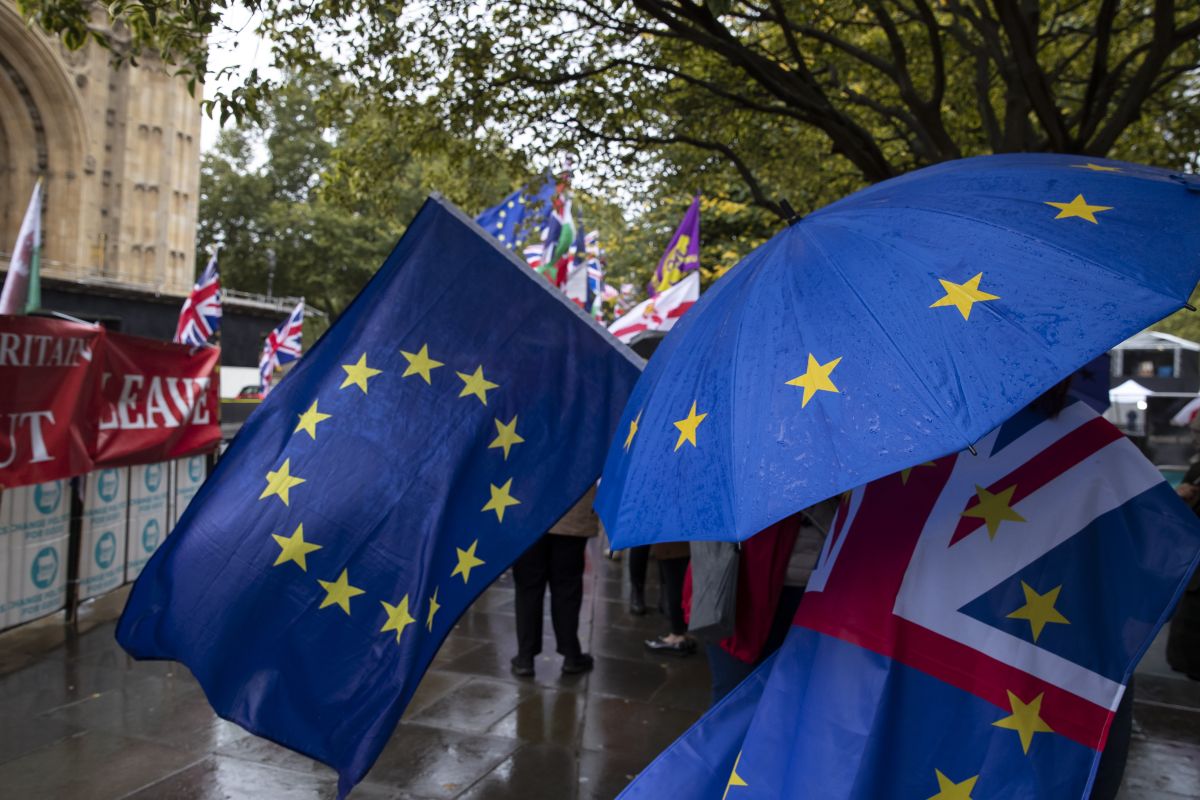During UK Trade Policy Observatory (UKTPO) conference in London on Wednesday, experts warned Britain that they might face huge challenges in external trade talks even if it could take control of the trade policy after Brexit.
The warning came at the second UK Trade Policy Observatory (UKTPO) conference. The UKTPO is a partnership between the University of Sussex and the Royal Institute of International Affairs, commonly known as Chatham House.
Advertisement
When the UK is outside the European Union (EU), the country might have declining voice on the trade negotiation table with nations like the US, argued Peter Holmes, trade expert and Fellow of the UKTPO at the University of Sussex.
Aligning British rules with those of the United States would create divergences with the EU and inevitably create extra frictions at the UK-EU border, Holmes pointed out in his recent paper on the future of UK-U.S. trade.
“Is it possible to have unified approach to food safety between devolved nations in trade negotiations?” she raised the question, considering Northern Ireland will likely remain aligned with the EU while Scotland wishes to maintain regulatory alignment with the EU.
Other experts from the University of Cambridge, the Bank of England, and other institutions also expressed their concerns on the unpredictable trade policy and lack of trust in trade talks with the United States.
The annual UKTPO conference focused on the legal areas of trade policy this year, bringing together experts from academia, government and business.
Last month, the UK government had announced that they will hold general elections on December 12 in which Britons will decide the composition of the government that will be tasked with steering the country through the tortuous “Brexit” process of withdrawing from the European Union.
The European Union had granted an extension to the UK’s membership of the trading bloc, Britain and Northern Ireland had been aiming to leave on October 31 but with Parliament unable to agree on the terms of the departure, Johnson was legally forced to ask for another extension.
(With inputs from agency)











